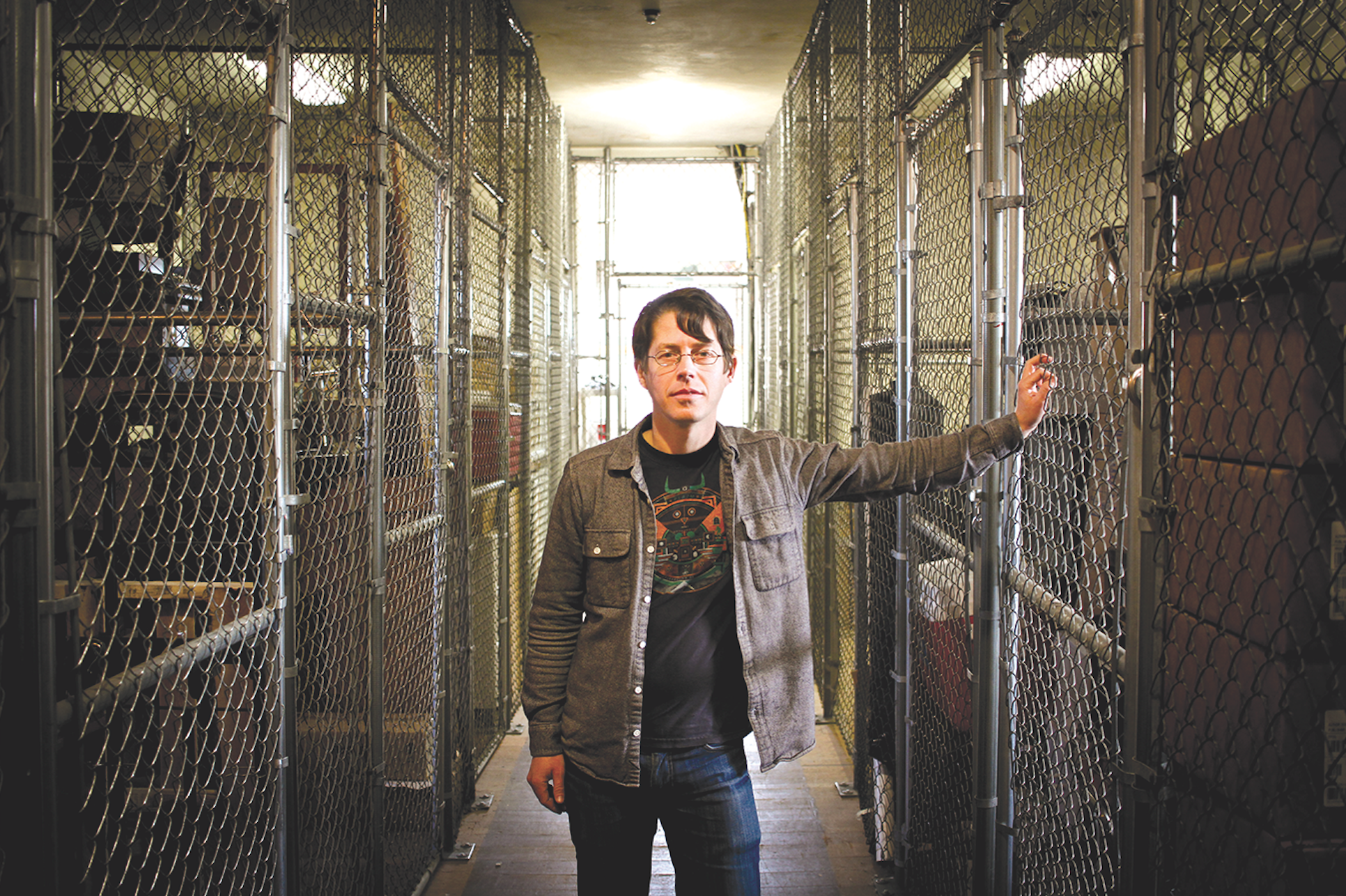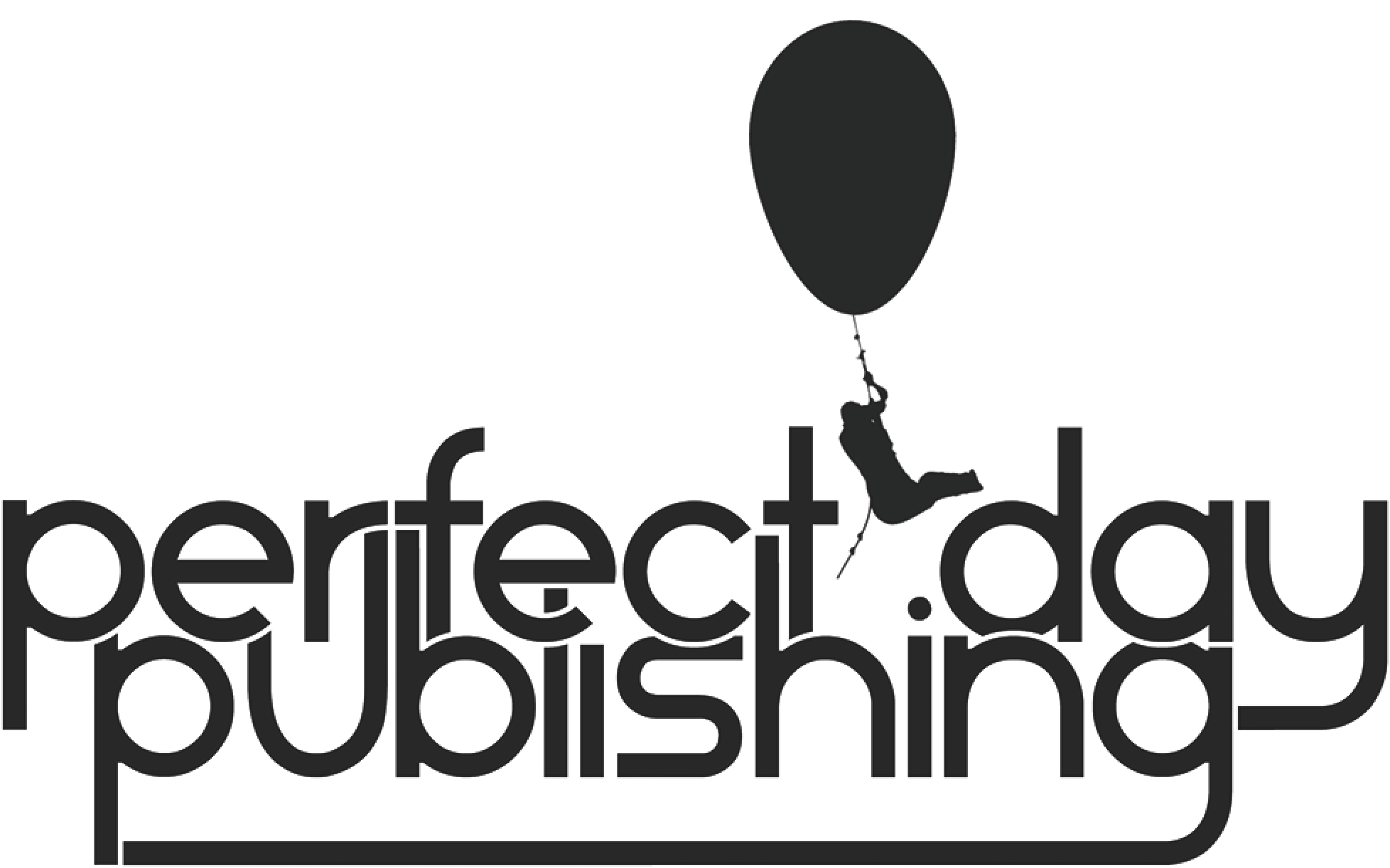Portland author Michael Heald


Michael Heald is one of Portland’s best Swiss Army writers. He’s the owner of Perfect Day Publishing, an earnest independent press that has published non-fiction works by Martha Grover, Nick Jaina, Lisa Wells, and the apparent Anonymous. In Goodbye to the Nervous Apprehension, Heald’s own book, he captured the tribulations of his twenties through revealing essays. It’s a brilliant collection of nonfiction that balances situational irony with sincere and honest storytelling. His work as a journalist in Runner’s World sees him using the same principles found in his essays, but he turns the spotlight away from himself and places it on Oregon inmates who run marathons, or Olympic hopefuls — work that shows his genuine wonder for the human spirit.
What surfaces through Heald’s work as a publisher and writer is an undeniable curiosity that explains the care and attention he gives to the projects he works on, making him a major asset to Portland’s literary scene.
Eleven: Let’s begin by discussing how you decided to start your own publishing platform. How did Perfect Day Publishing begin?
Michael Heald: Perfect Day stems out of attempting and failing to publish a novel I wrote in my mid-twenties. I published one short story prior, and I thought that was a blueprint for me to become a real writer. So, I sent out the manuscript to a bunch of agents, who read it, but I ultimately got passed over. I didn’t write after that for about two years. But when I started writing again, I heard about the Independent Publishing Resource Center (IPRC). At that time, I felt that having the IPRC as a platform to work in made things less frightening to me as a publisher and a writer, so it gave me the opportunity to get books out into the world that represent my own tastes as a reader, and books that aren’t just written by me. So I started with other writers first.
11: Perfect Day doesn’t accept open submissions, so how do you discover your writers?
MH: Often it starts with one really great story or an essay that I’ve read that convinces me there’s a lot more material there, so I would say that I just look for really good writing, and somebody who has an undeniable need to write.
11: Much of your catalogue is nonfiction, including your own book, Goodbye to the Nervous Apprehensions.
MH: The nonfiction thing was accidental. I was getting into reading essays, and David Foster Wallace’s A Supposedly Fun Thing I’ll Never Do Again was particularly mind-blowing to read. I was pretty late to reading that, which was probably a good thing, because it showed me what I could do with an essay.
With Goodbye to the Nervous Apprehension, I examined things I didn’t quite understand, whether it was about panic attacks, or being a small man in a large man society—the exception being “It Should Be Mathematical,” which is journalistic and is about running. I later wrote a piece that was published in Oregon Humanities about my mom dying, which I wrote in a short period of time after a camping trip. With those types of essays, I can’t really force them. They are like poems. And if I try too hard to make something too deep, I often feel that I should just stop writing.
11: Perfect Day functions more like a punk record label than a press. You don’t sell your books on Amazon, and you cultivate writers personally. Was this approach intentional?
MH: I felt that I was a first-book press, where I find writers who haven’t been published before, and I try to help them along the way. I thought, if this thing is modeled after a record label like Merge Records, which was an avenue for Superchunk to release their music, or Dischord with Ian MacKaye’s bands, I could work with people like Martha Grover (who is my favorite writer who hasn’t hit it big yet) as an investment in our mutual futures together, kind of like how a band would. The other elements I picked up from punk labels were wanting to control the price point of our books, where they are found, and how they are consumed. I think our readership appreciates this approach, because they’ve been committed to the books we’ve put out so far.
11: You handle Perfect Day releases with such care. You personally nurture each work through the earliest incarnations of the manuscript alongside the author. You lead them through the launch period and into the promotional phase. Can you talk about the work you put into each release?
MH: Publishing a book resembles the process of being in a band where we are writing songs, taking them through production, and eventually landing on the recordings. I see my role in publishing more as a producer and a promoter, and I get really attached to the work because of this. Sometimes I feel like a therapist to the writers I work with, but this is because I’ve asked them to do this very challenging thing, which is to write an entire book … I owe it to the writers I work with to handle their books with considerable care. I know their books need to look really good, and they need to feel cohesive. I also try to help with the bigger picture stuff, along with making sense of the creative process with the writer along the way.

11: Perfect Day releases are very intentionally curated essay collections. How does that proximity to the text shape a work?
MH: Even though these are essay collections, I hope people are reading these books in order, because they are very much meant to be read this way. Nick Jaina’s book, Get It While You Can, for example, had tons of great chapter titles. But we thought that because they weren’t numbered people might skip around the book and miss something important along the way. Instead, we went with numbered chapters as a way to encourage readers to follow the thread of that book.
In the terms of familiarity, that helps with the instinctive moments when we are choosing how to arrange a work. [Martha Grover’s] latest book is a dozen pieces. Figuring out the order of that collection was like figuring out the track order of a record. But if I’ve read something in an earlier version I start to have this feeling where I’m like, “Ok we are closing with this,” so I’ll check with the writer and say, “This is kind of where I want a reader to be left. This is the feeling the end of the book needs to have.”
But a book doesn’t look like a book until it’s printed and bound. I get to see it right before that happens, and it’s a privilege to see that first page, and being like, “This is exactly how this thing needs to open.” Seeing that reinforces my confidence in each project, and I am glad I get to be the person to do this.
11: What people might not know is that you write these beautifully comprehensive pieces of journalism. One of those being The Wall, which has this Capote-ish element to it. How do you go about approaching your journalistic writing over your essay work?
MH: In the terms of how to tell The Wall, that was so hard. My instinct was to be in my own head too much, and not to approach it like a piece of journalism. It was clear that there needed to be more structure, so that was when I found out about the Oregon Boot, which is this torturous device that was used in the Oregon prison system. I used that to write on the history of incarceration in Oregon, and from there, how the prison system is safer because these guys are getting exercise by running.
I started to build that story around a half-marathon happening at the Oregon State Penitentiary. But it became different over time, and I intentionally pursued it as a story about my relationship with this guy Scott. Scott, who is in there until 2032, runs a marathon or two every year. He runs because it not only gives him a reason to stay healthy, but it also gives him short-term goals that he can look forward to. But I realized that I didn’t want to know why he was in there, and I needed to figure out how to say that through my writing without taking the easy way out.
11: Have you gone back to write about the prison system since?
MH: I’ve gone back about a dozen times since I wrote that piece without any intention to write about it, and I intend to keep going back. If I do write about the prison system again, I’d write about it because I think there is real value in covering the outlooks of the people inside.
11: How do you balance your life as a writer and a publisher?
MH: It’s tough, especially when I am in the thick of promoting a book. You swing for the fences in the terms of setting up events and believing in the book, and maybe someone else will too. I do find that the promotional period of a book is when it’s the most difficult for me to be in the headspace where I can write in a way I believe in, because I sort of begin to question the purpose of the whole endeavor on a regular basis. I know that for me, as a person, I need to get fully invested in my next writing project, and not my next publishing project. I know that what I am doing is the thing that is making me the happiest, and it offers me a ton of freedom, so it’s worth it.
But in the terms of the value in putting out books, the real mission in writing and publishing right now is making sure that we are preserving the most dangerous ways of thinking that people have, so that we learn from them. As a publisher going forward, that’s on my mind. And I hope most publishers are aware that we have the power to make sure that stories by people who are being marginalized continue to be told as a way to keep bringing those voices out.»
– Morgan Nicholson



